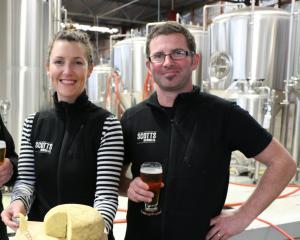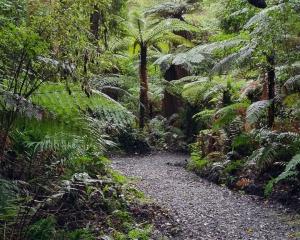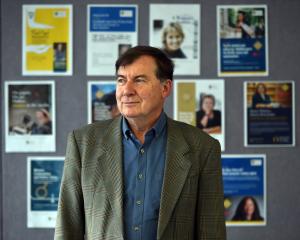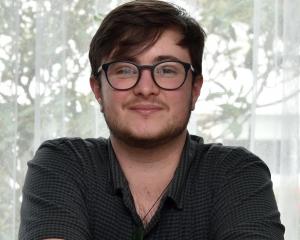
The hub at the South Dunedin Community Hall — named after Otago darts great Eddie Girdler — is bustling this week, packed full of national, and international, darts players vying for medals at the Masters Games.
But they would not be there if it was not for Girdler, who has been involved in darts in Otago for more than 50 years, organising the event at the Masters Games for 35 years, and has seen his ideas used across the world.
Girdler emigrated to New Zealand from Edinburgh in 1969 and quickly associated himself with Otago darts, serving two stints as president and having a spell on the New Zealand Darts Council.
Girdler, who turns 84 this year, is slowly passing on the baton.
"I’ve decided, jeez . . . I’ve started to step back and pass a lot of things on for other people to do," Girdler said.
"I’m still in the background."
But his passion for darts was making leaving hard.
He estimated he had won 22 gold and four silver medals at the Masters Games through the years, and still enjoyed catching up with people at the event.
"It’s the meeting people.
"You meet a lot of people from different walks of life.
"We always try and make it . . . so they have a good time and they’ll always remember the time at darts."
Darts had benefited since being included in the Twilight 400 — a social event where people dress up and try different sports.
It had added something different, Girdler grinned, as he recalled one group who dressed up as nurses and gave their Twilight 400 organiser a fright.
"They ended up putting him on the table, lying him out, opening his shirt, and sticking pads on his chest to bring him back to life," he laughed.
"They had the whole place really enjoying themselves."
Girdler had made darts accessible for everyone at the Games.
Six years ago, he figured out the height difference needed to lower the darts boards for players in wheelchairs to participate.
World disability darts association founder Russ Strobel happened to be in New Zealand at the time, and when he caught wind of what Girdler was doing for wheelchair players, he invited him on to the association’s board and as a tournament director.
Girdler, who has also been involved in Special Olympics bowls, was later asked by Strobel if the Otago draw sheets he had initiated could be used worldwide.
"Since then, I’ve been rather busy with the world disabled darts."
He will head back to Edinburgh in August for the world championships — and decided to add a special trophy to the mix.
He created the sister city shield, featuring the Edinburgh and Dunedin coat of arms, celebrating the connection between him and the two cities.
"I thought, I’ll give them something to play for."
Darts had given Girdler great satisfaction throughout his life and he was stunned when the Otago committee decided to name the lounge after him in 1999.
"It was a real surprise.
"All the committee decided ‘for all the work you’ve done here, this is what we’re going to do’.
"I was quite happy."
He looked forward to recognising 25 years of the venue at a celebratory event tomorrow.












